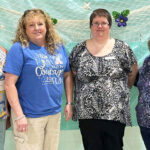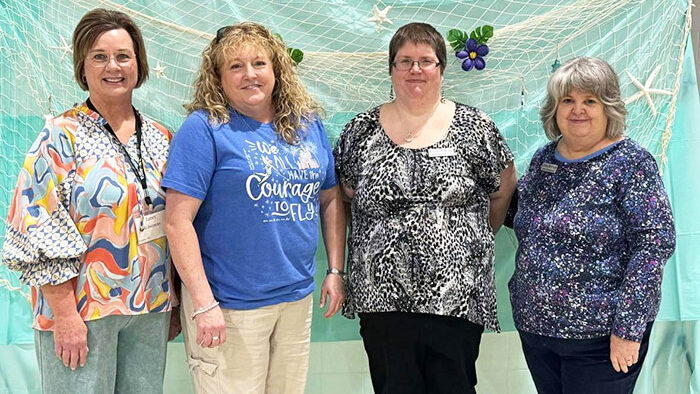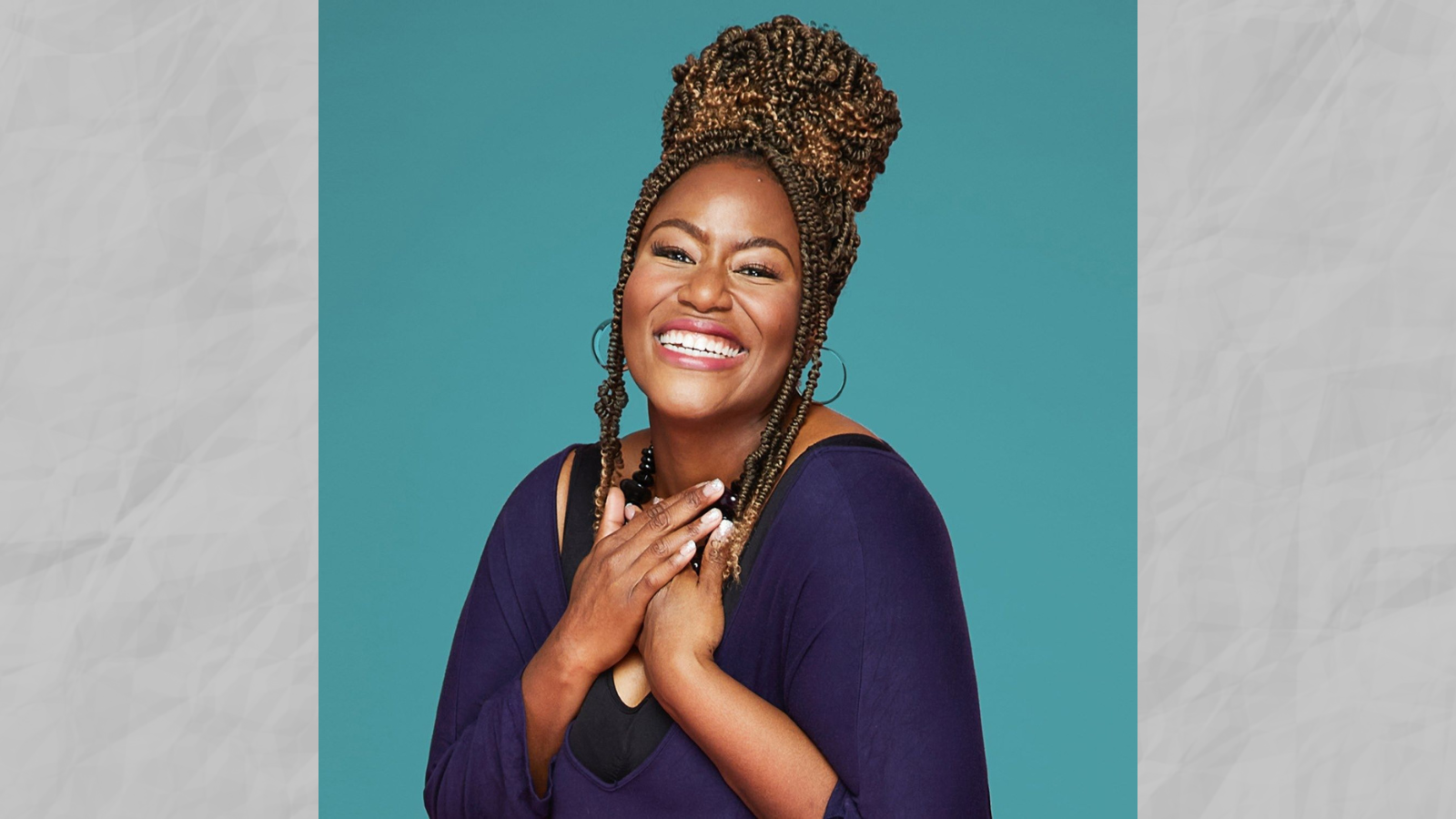Ken Braddy said there are a number of things he’d tell his “younger self” after some 30 years in Christian education ministry.
He calls them “Ken’s 10” — his top 10 tips for those who lead group Bible study — and shared them in a May 19 webinar.
Braddy, director of Sunday School and network partnerships for Lifeway Christian Resources, has broadcast five webinars this year as part of “Training Thru ’22,” with five more planned in the fall.
He said he’s been a Bible study teacher in all the churches he’s served in addition to being a vocational minister, and he values the work of those who volunteer to teach the Bible in Southern Baptist churches.
Top 10 tips
The first of Ken’s 10 is to “sit down to increase conversation.”
“When someone stands to lecture, it means they’re the authority figure and you’re there to hear them,” Braddy elaborated. “The judge is elevated in the courtroom, and that’s by design, but Bible study should be a conversation, or what [one leader] called a ‘groupalogue.’”
The second tip is to use “pair share” or triads.
“Sometimes individuals are reluctant to answer questions or to dialogue, but we can pair them or form triads and ask them to come up with a response,” Braddy explained. “This involves the shy members, allows everyone to talk and builds and strengthens relationships within the group.”
Third, Braddy encouraged leaders to focus on what he called the “first stage” of Bible study — a concept he used in the April webinar.
“You may remember the three ‘rocket stages’ of Bible study: motivation, examination and application,” Braddy recalled. “I suggested the first is the most important. That is, we have to interest people in the material before we can explain and apply it. We must find a way to convince them that the day’s study is relevant to their lives.”
He harkened back to his first tip with the fourth tip, suggesting meeting space be arranged in a circle.
“When we have rows, people are looking at the backs of other people’s heads,” Braddy explained. “And sometimes they have to turn awkwardly to hear what is said by someone behind them. With a circle, we see the faces of others, just like we do in our living rooms at home. We don’t use rows at home!”
Fifth, Braddy advised to “not answer your own questions.”
“If someone doesn’t answer within a few seconds we tend to get anxious,” he noted. “When we answer our own questions we teach group members to ‘out-wait’ us, knowing we’ll respond! [Research] found that sometimes quality thinking comes when we wait up to 20 seconds for a response.”
He sometimes takes a sip of water or coffee while waiting on responses, Braddy said, rather than staring at the group.
Sixth, he suggested teachers “talk less and encourage discussion.”
“It’s been called the ‘yakety-yak principle,’ Braddy said. “This means that when people talk through issues, they learn more.”
One teacher “insisted the first step of transformation is to raise questions.”
Quoting from a book he co-wrote with his predecessor, David Francis, Braddy said, “Talking doesn’t equal teaching any more than listening equals learning.”
The seventh of Ken’s 10 is to “start on time and end on time.”
“It’s disrespectful to those who are on time when we waste time waiting on the late-comers,” he said. “And it also teaches people to be late as well as reducing the amount of time we have for Bible study.”
Braddy noted people today are “non-linear,” not weekly attenders, more like twice a month.
“If we only get them once or twice each month, it compounds the importance of using our time wisely,” he said.
“Begin preparation earlier than later” is the eighth tip.
Braddy said Lifeway’s metrics show the two busiest times lesson helps are accessed on the Internet are Saturday night between 6 and 10 p.m. and Sunday morning.
“I’m happy we can help with resources, but not happy that many wait until the last minute,” he lamented. “It’s so much better to spend half an hour each night so that we can be ready to guide life-changing study on Sunday morning.”
Braddy’s ninth tip is to “throw ‘changeups’ by teaching with variety.”
“A baseball pitcher who throws the same pitch loses the game,” he explained. “We need to keep our groups slightly off-balance by being less predictable and using a variety of learning activities. We’ve documented some 24-26 different ways Jesus taught, so He’s our model in this quest.”
The final tip is to use ongoing curriculum.
“We offer three basic approaches to Bible study at Lifeway,” he noted. “Each lesson series is unique, and all are reliable. Putting learner guides in the hands of our attendees is good.
“Remember, they’re non-linear, so it’s advantageous for them to have study guides at home to use when they’re not with the group on Sunday or whenever the group meets.”
The sixth webinar in the series, “Creating a New Scorecard for Group Ministry Success,” will be offered June 23, based on Braddy’s book by the same title to be released in August. Participants may register at Lifeway.com/training22.
Braddy also publishes articles about Sunday School and other group Bible study at Kenbraddy.com.








